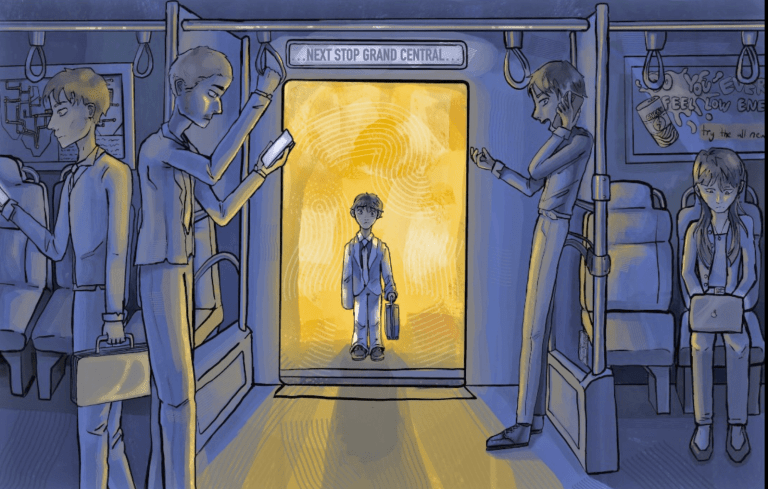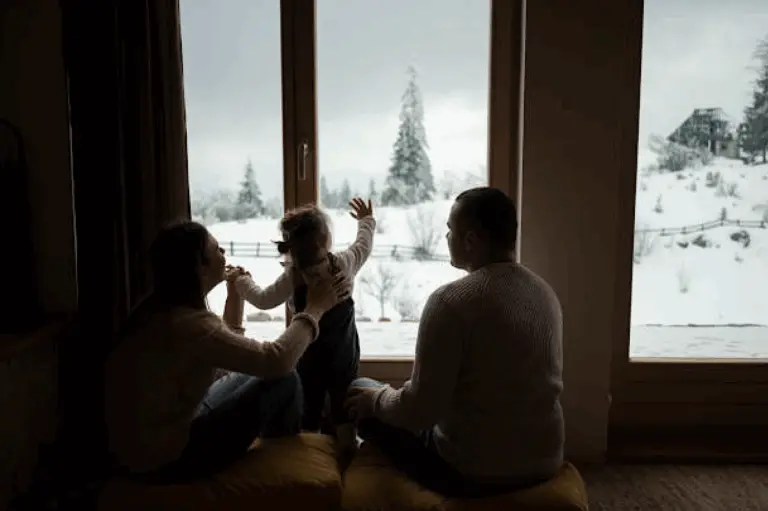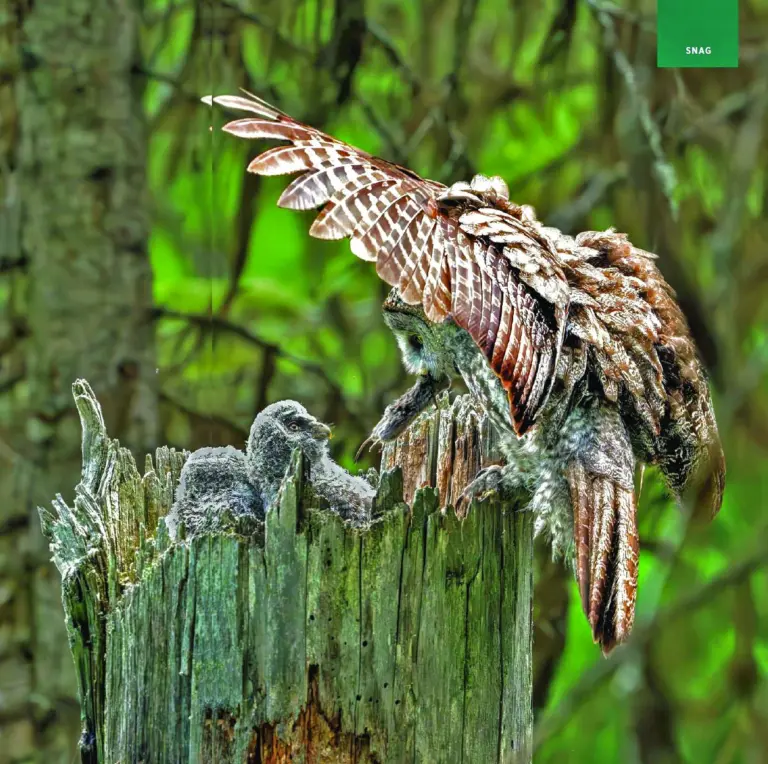By Marek Zabriskie
One of life’s great skills is learning how to adjust and make the most out of a difficult situation. How do we react to the unexpected? Do we fall apart and let our emotions take us on a roller coaster ride? Do we curl up into a ball of despair or do we rise to the occasion and make the most of it?
Last Thursday, an audience at Christ Church Greenwich and I had the privilege of participating in a Master Class on how to handle the unexpected as I interviewed Captain Suni Williams as she circled the Earth aboard the International Space Station.
Captain Williams was sent into orbit in June for what was expected to be an eight-day stay in outer space. Then, the unexpected occurred. Several helium discs malfunctioned aboard the Boeing Starliner’s service module. This prevented Captain Williams and her fellow American astronaut Barry Wilmore from operating the joystick needed to return to Earth.
Hence, they have been stranded in space since June of 2024. A one week trip to outer space has extended to ten months. NASA believes that they will be able to retrieve Captain Williams and fellow American astronaut by using SpaceX’s Crew 9 to rescue them later this month.
I spoke to Captain Williams around 4 p.m. using a NASA downlink set up in the sanctuary of Christ Church with a giant screen set up in our chancel. The pews were filled with parishioners and school children who were interested in learning about life in outer space. As a former newspaper reporter, I had interviewed thousands of person, but never someone in outer space.
When I asked Captain Williams about what it was like to go from a one-week space mission to an eight-month space odyssey, she was upbeat and positive. “I have actually loved it,” she said. “Before this occurred, I felt like going up for just a week was very short, and this has given me lots of additional time to learn more about life in space, to conduct experiments, to learn from my fellow astronauts, and to learn more about myself in the process.”
One can only imagine how a student listening to her speak who was upset that a math test or a basketball game had been rescheduled or a parent who had a punctured tire and had to postpone an out-of-town trip reacted to Captain Williams’ calm way of handling the unexpected on an enormously different level in outer space.
While she spoke to us, Captain Williams floated through the International Space Station and showed us where her colleagues and she ate meals, conducted science experiments, exercised and slept. Astronauts from Russia and Japan share different parts of the space station and freely exchange information about what they are learning.
Captain Williams explained that she became the first person to complete in a triathlon in outer space by using the spaceship’s treadmill and stationary bike, and for the swimming portion of the race, she used the Advanced Resistive Exercise Device (ARED). She finished in a self-reported time of one hour, 48 minutes, and 33 seconds.
She noted that keeping in shape is vital in space so as not to lose muscle mass and bone density. She runs using a treadmill mounted on the wall and strapping herself into a harness.
In the eating galley, her fellow American astronaut offered her a fresh apple. The apple started to float in space. She snatched it and showed it to us. It looked fresh and nutritious and as though she had just been shopping at Whole Foods.
Eating in outer space is an art. While we looked on, she took a bag of freeze-dried corn, inserted the tip of the bag into a slot mounted on the wall, which injected hot water into the bag. She could instantly eat cooked corn.
Captain Williams’ husband and Jack Russell terrier are back in Houston. Her dog’s paw prints are tattooed on her arm so she takes him with her wherever she goes. She frequently speaks with her husband and her mother. This call to outer space was organized by Christ Church parishioner Len Laporta, who was a 1987 classmate of Captain Williams at the US Naval Academy in Annapolis, Maryland.
When Suni was attending the Naval Academy, only about 5% of the students were female. Today, it is closer to 35%. Captain Williams was trained to fly chase planes and combat helicopters, but when she met an astronaut at the academy, she was drawn to take on a new challenge.
When asked what she thought about humans colonizing Mars as Elon Musk and SpaceX hope to see happen, she said that it makes sense first to colonize the moon. “Humans will need a successful base on the moon to resupply and support any future colony on Mars. We need to establish that first,” she said.
During the past eight months, Captain Williams has made numerous additional walks in space, including one that lasted six hours and forty minutes. She has now spent more hours walking in space that any female in the world.
While NASA has arranged for Captain Williams and other astronauts to speak with groups of persons back on Earth as a way of keeping the astronauts’ spirits high, Suni noted that ours was the first faith community that she had addressed from space.
Captain Williams herself is a person of faith. Her mother is a Christian and her father is a Hindu. She wears a cross around her neck, but also took a copy of the Bhagavad Gita with her in her 2006 space trip and a copy of the Upanishads in 2007. She practices Hinduism.
When asked if her numerous visits to outer space have impacted her faith and her concept of God, she told our audience that it has greatly expanded her sense of God’s majesty and the breathtaking nature of all that God has created.
Each day, the International Space Station circles the Earth 16 times. While her fellow astronauts and she could not see the fires that destroyed vast acreage and entire communities in Los Angeles, they could see the hurricanes pounding Florida and other locations. “Hurricanes are huge, and they are easy to see from up here,” she said.
As she spoke, she allowed us to look out of one of the windows of the Space Station as it glided through space. It was mindboggling to think that many of our grandparents or great-grandparents learned how to make phone calls with operators plugging phone lines into a switchboard. Now, we were speaking to someone in outer space with signals moving faster than the speed of light.
When asked about what she most looks forward to upon her return to Earth besides reuniting with her husband, Michael J. Williams, who is a federal marshal in Texas and her family and friends, Captain Williams said, “A shower!” It’s been eight months without one!
When asked if she had any other message for us, Captain Williams said that from her unique position in outer space, “the world is completely unified.” There are no boundaries, only one people; no countries, only one human species; no tribes, races, nationalities, religions, economic levels, or genders, only one people created by God. “We should take a step back and figure out how we can all get along for the sake of our planet and our future.”
We look forward to hosting Captain Williams in person after she returns to Earth, and we will notify all of the Sentinel’s readers by advertising her future talk in person in Greenwich.




